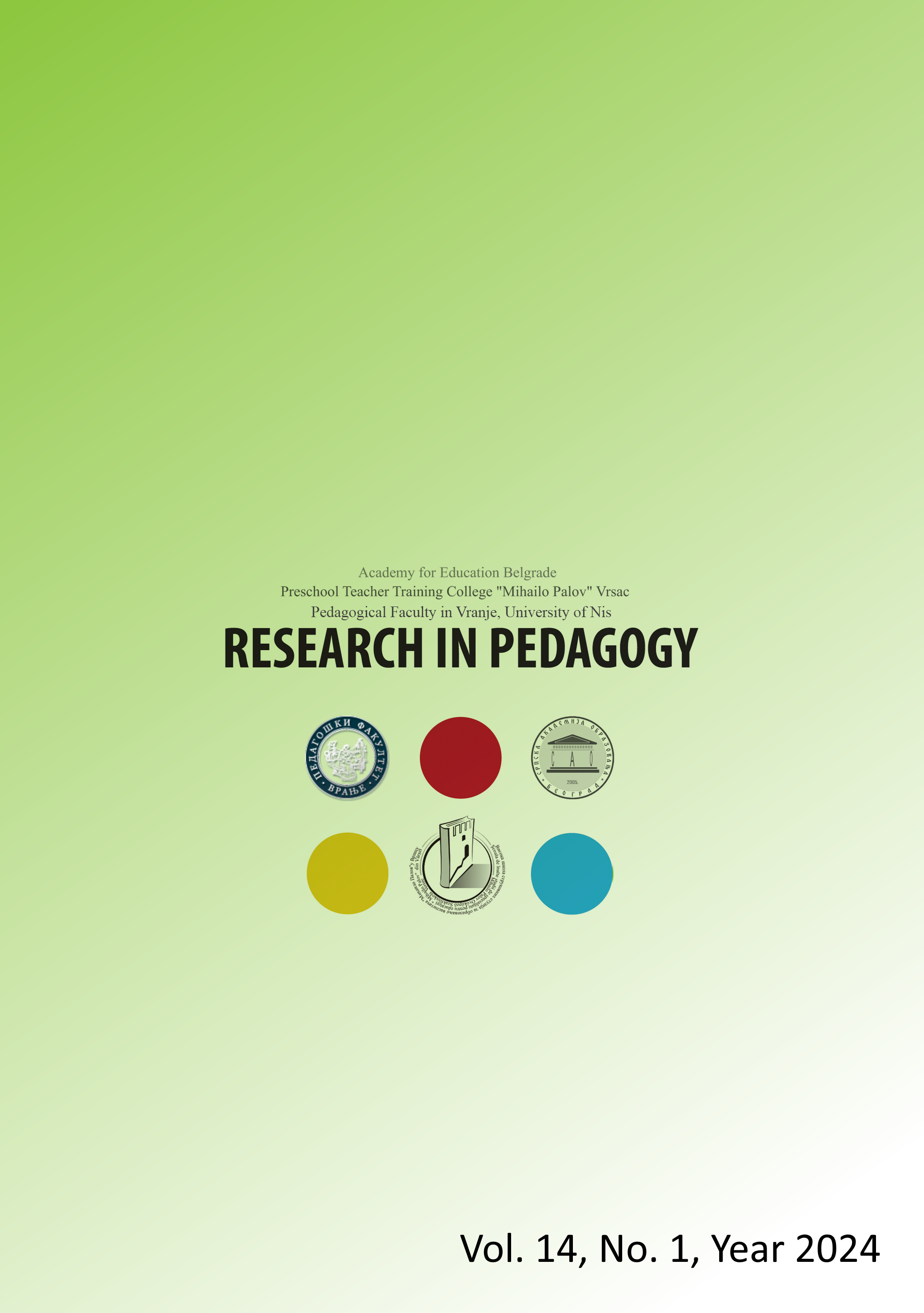KOGNITIVNO OŠTEĆENJE KAO NEPREPOZNAT PROBLEM U STARIJOJ GRADSKOJ POPULACIJI – ANDRAGOŠKI ASPEKTI
COGNITIVE IMPAIRMENT PROBLEM AS UNRECOGNIZED IN URBAN POPULATION – ANDRAGOGICAL ASPECTS
Author(s): Katarina Runtić, Milivoj Višacki, Marija MilovanovićSubject(s): Social Sciences, Psychology, Cognitive Psychology, Gerontology
Published by: Visoka škola strukovnih studija za vaspitače "Mihailo Palov"
Keywords: mild cognitive impairment; dementia; aging
Summary/Abstract: The issue of aging and old age is becoming a significant social phenomenon that captures the attention of numerous scientific disciplines. Cognitive changes in the elderly population are a field of great interest to the scientific and professional community. Given the tendency of the world's elderly population to increase, this topic is becoming increasingly important for both individuals and society as a whole, considering the health, legal, social, and economic aspects. The subject of this research is the cognitive functioning of healthy older urban populations and the importance of promoting active aging programs to preserve cognitive capacities in old age. The problem addressed in this research is to determine the extent to which unrecognized cognitive impairment is present in the older population, where respondents do not spontaneously report cognitive functioning difficulties. The aim of this research is to determine the degree, frequency, and modalities of cognitive impairment in terms of specific cognitive functions (orientation, attention and calculation, recall, writing, visuospatial construction) and to assess the importance of recommendations for preserving cognitive capacities in old age through the promotion of active/healthy aging. The method used was systematic non-experimental observation. The sample was convenient and consisted of 60 volunteers, aged 60 years or older, who had never consulted a doctor for cognitive or psychiatric problems. The Mini Mental Status Examination test (MMSE) was used in the study. The results obtained show that dementia of mild degree was diagnosed in 3.3% of the respondents, and of moderate to severe degree in 3.3% of the respondents, which is an interesting finding considering that the surveyed sample consisted of individuals who did not complain of cognitive impairments. Additionally, the results regarding the prevalence of impairments in specific cognitive functions show that impairments in recall of previously presented verbal material were most prevalent (66.7% of respondents), while impairments in orientation were least prevalent (8.3% of respondents). The results indicate a statistically significant correlation between age and degree of cognitive impairment, age and cognitive function of attention, and age and cognitive function of recall. Furthermore, there is a statistically significant correlation between years of formal education and degree of cognitive impairment, years of formal education and the following cognitive functions: orientation, recall, and sentence writing. The results highlight the need for more detailed diagnostics and monitoring of cognitive abilities in the elderly, as well as the need for promoting and implementing prevention programs for the elderly population at risk of dementia.
Journal: Research in Pedagogy
- Issue Year: 14/2024
- Issue No: 1
- Page Range: 74-89
- Page Count: 16
- Language: Serbian

